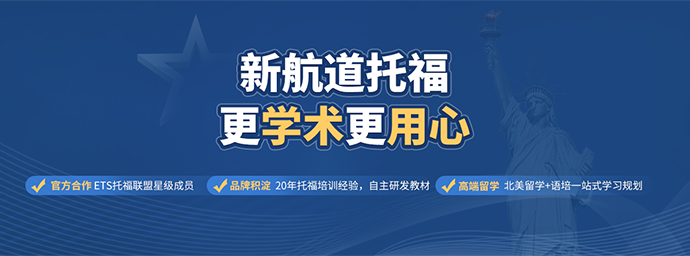
2021.05.26托福独立写作真题
Independent Writing Task
Some charitable organizations (groups that help people in need) allow people who give money to charity to choose how their donations will be used. (For example, people can decide whether their donated money is spent directly on goods and services for people in need or on advertising by the charity.)
If you were to give money to charity, would you prefer to choose how your donation is going to be used, or do you think it is more effective to leave that decision to the organization? Why?
Many people donate money to charitable organizations for positive purpose, hoping that the money can be used to make the world a better place. However, the sad truth is that not all charities are created equal, news about swindlers using heartbreaking tragedies to solicit contributions that will never make it to the victims is quite common to the public. Thus, some people propose that instead of leaving the decisions to charitable organizations regarding how the money is used, donors can choose to donate it and, at the same time, define how it is spent to help others. From my point of view, this proposal is quite effective.
First, allowing donors to make the decision can help those in need more effectively. There is a lack of proper management and not enough transparency in terms of many charitable organizations. Various prominent charities have been ensnared in corruption scandals in recent years.For example, a charitable organization, Kids Wish Network raises millions of dollars in donations in the name of dying children and their families, but spends less than 3 cents on the dollar helping kids. Most of the rest gets diverted to enrich the charity’s operators and the for-profit companies Kids Wish hires to drum up donations. Even a legitimate, non-scam charity can have significant problems. A poorly run charity may not manage donations well, lessening the chance that the gift is used for the intended purpose. In contrast, if donors can make decisions regarding how the donation can be used, they can supervise the whole process directly to make sure their money can used appropriately.
Second, if donors can decide how the money is used, they would have a great sense of satisfaction. Many people donate because they have a moral duty to use what they have to help others, a sentiment very much rooted in their personal values and principles, and the knowledge that they are helping others would be hugely empowering and, in turn, can make them fell happier and more fulfilled. Hence, if people can have a clear idea about the specifics of where their money could go, such as helping a university student from who can not afford his tuition fee, helping children separated from their families at the border, or transporting animals from areas of low demand to high demand, the sense of accomplishment would be much stronger than the case of leaving the organizations to make the decisions. Driven by such satisfaction, people would be more willing to donate more in the future.
Admittedly, leaving the decisions to organizations also have some benefits. Without the restrictions set by donors, the organizations can collect the money and make a bigger difference. For example, assuming that an individual donors want to help children living in disadvantaged areas to get education. Given that what he or she can donate is limited, he or she may just choose buy books or desks, things which are not so expensive, while what the children really desperately need is a school. If a charitable organization is allowed to use the donation freely, it can collect enough money from different donors to build a school there. However, there are potential risks. As what has been mentioned above, if the organization is poorly run or even illegitimate, little money can make it to the children there. Taking such risk into consideration, letting donors to make decisions is definitely more effective.






